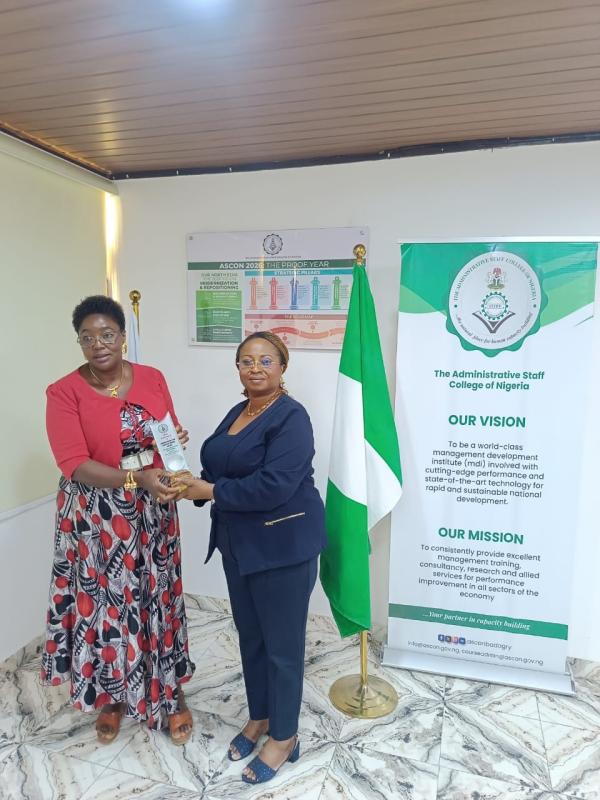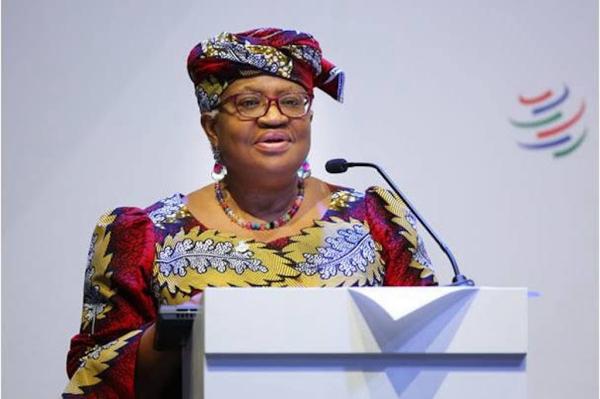
… Puts Nigeria gas flare at 23 billion cubic meters annually
President Muhammadu Buhari yesterday identified gas flaring as a global environmental challenge, therefore, urged African Petroleum Producers’ Association (APPA) to set realistic targets towards its reduction.
Buhari spoke at the Opening Ceremony of the 6th African Petroleum Congress and Exhibition (CAPE VI), at the International Conference Centre (ICC), Abuja.
He said: “In processing Africa’s hydrocarbon resource, environmental issues must be accorded huge priority. Globally, over 150 billion cubic meters of associated gas is flared annually; of this figure, Africa flares an estimated 40 billion cubic meters annually. In Nigeria, gas flaring amounts to about 23 billion cubic meters per annum; in over 100 flare sites constituting over 13% of global gas flaring. Nigeria is a member of the World Bank Global Gas Flaring Reduction (GCFR) Partnership and with the support of our legislature; we will sign the United Nations Agreement of “Zero Routine Flaring by 2030″ although our national target is 2020. I urge all APPA member countries to set realistic targets for gas flare-out in the region,” he said.
Buhari who was represented by the Vice-President, Yemi Osinbajo said, “Nigeria will continue to pursue focused Renewable Energy initiatives through prudent management of resources under a Bio-fuel program for the production of fuel-ethanol and bio-diesel. The resulting “Green Gasoline” will reduce the volume of carbon dioxide released into the atmosphere, improve air quality and ultimately reduce global warming and its catastrophic consequences. This renewable energy initiative will not only help the Nigerian economy but will also assist other APPA Countries to create jobs.”
He however, noted that: “If Africa must meet her future energy needs; the issue of the development of a robust Gas infrastructure must be jointly addressed. Currently Nigeria has the 7th largest gas deposit in the world and the highest quality; rich in liquids and low in Sulfur. Reserves are put at over 185 Trillion Cubic Feet (TCF) and undiscovered reserves estimated at 400 TCF with a capacity to peak to 600 TCF. Nigeria has established the Nigeria Gas Company (NGC) to provide gas transportation to newly established Power Plants and to facilitate domestic energy supply. At the sub-regional level, Nigeria is actively involved in the West African Gas Pipeline Project that will deliver clean and safe natural gas from Nigeria to many West African countries. The Nigeria Gas Master Plan and the Gas-to-Power-Initiative clearly exemplifies the focus of our nation. I invite all APPA member countries to enter into profitable partnerships in Natural Gas Business with Nigeria.”
He said, “in Nigeria, as part of our strategies to reposition the oil industry, this administration has commenced the process of implementing carefully conceived initiatives, some of these include: strengthening the institutional framework on policy formulation through legislation on the Petroleum Industry Bill (PIB) as a prerequisite for the development of the sector and attraction of foreign investment;
un-bundling the national oil company that is the Nigeria National Petroleum Corporation (NNPC) into lean, efficient and profitable components, that will operate as a business venture and deploy existing manpower to areas of competences without attendant job losses; develop stronger policies on local content so as to reduce the high cost of production of machine components, services and capital flight in the industry;
reduce production costs and encourage efficiencies in oil exploration so as to achieve a 30% increase in daily production levels (to about 2.8mbpd);
expand Oil and Gas exploration into new fields that have discoveries in commercial quantities; the North east (Lake Chad Basin) and Coastal States (Lagos); reduce gas flare through Joint Venture Contracts that will expand infrastructure and deploy LNG for domestic and industrial uses.”
“My challenge is for APPA member countries to develop ingenious ways of promoting value addition and investment through sustainable policies in local content. A common approach to local content will ensure that the whole of Africa benefits from economies of scale associated with our vast resources. In this regard I invite member countries to partner with Nigeria to derive more benefits from ongoing mega projects like the General Electric Service Centre for Manufacturing Rotating Equipment in Calabar; the Ladol Industrial Free Zone in Lagos – wholly indigenous, privately developed and hosting the largest shipyard in West Africa; the 650,000 Bpd Dangote Indigenous Refinery in Lagos and the Samsung FPSO Integration Yard in Lagos; to mention a few.”






















